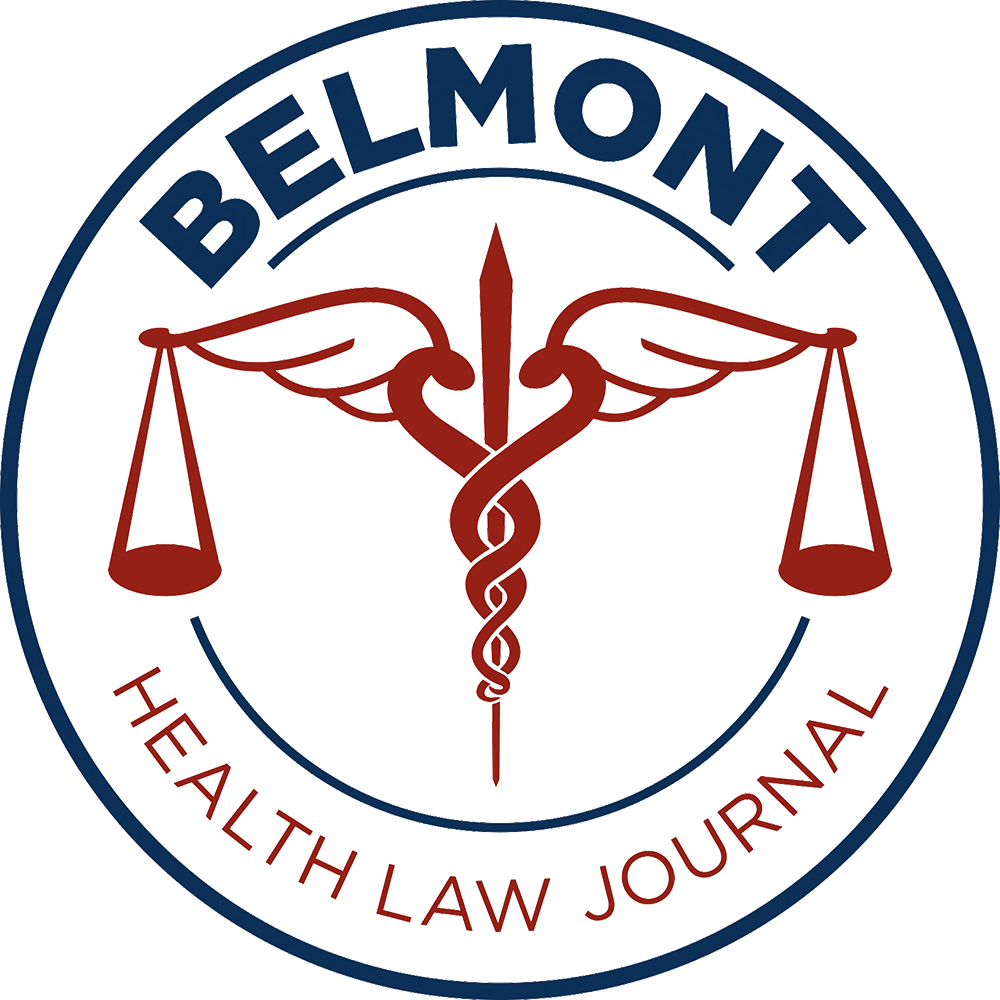Azariah Dileo, Class of 2024, Belmont Law
State governments have broad discretion when determining vaccine requirements for students. States have historically used mandatory vaccine requirements for students because it has been seen as the most efficient way of achieving herd immunity. Herd immunity is when a high threshold percentage of a community has immunity (natural or through vaccination) against a particular virus or disease. The more contagious a particular virus or disease is, the higher the threshold immunity in the population needs to be in order to achieve herd immunity.
Since the onset of the COVID pandemic, public health and government officials have unified to achieve herd immunity. Despite this goal, states have not wholly embraced using the most effective tool to achieve these aims: mandatory school vaccinations. Currently, fifty-seven percent of children between six months old infants and seventeen-year-old minors have not received any dosage among the available COVID vaccines.
California was one of the few states that considered requiring vaccines for public and private school children. Other states have generally seen California as a trendsetter in its pandemic response efforts. For example, California was the first state to issue a statewide stay-at-home order on March 19, 2020. Once California issued the stay-at-home order, many states followed suit shortly thereafter. Despite being a leader among the states in its pandemic response efforts, other states did not take up California’s public health approach to student vaccination requirements.
There are several reasons that potentially explain why states are not requiring student COVID vaccinations despite their awareness of the benefits that herd immunity promises. Firstly, vaccination requirements typically have the most success when officials are attempting to close a narrow compliance gap. For example, in November 2022, the District of Columbia decided not to enforce its vaccine mandate until the 2023-2024 school year because the current vaccination rate for students remains at forty-four percent.
Secondly, the public health narrative surrounding COVID vaccines has shifted. Originally, public health officials and vaccine producers equated the vaccine to polio, measles, mumps, etc. vaccines, which require minimal, set doses of the vaccines before the public no longer had to worry about their individual and collective immunity. However, given the rate at which the COVID virus mutates, the COVID vaccination conversation has shifted from minimal, set doses to annual boosters, which mimic the annual flu-shot approach. An annual vaccination approach in combination with a mandatory student COVID vaccine policy would create logistic and administrative difficulties for schools trying to assess and enforce compliance.
Thirdly, the public does not perceive that children are at risk of contracting COVID. When children do contract COVID, they are less likely to experience serious illness and even less likely to experience death. Nonetheless, some people who support student COVID vaccine requirements argue that the requirements may promote overall immunization against other diseases (i.e. chickenpox, measles, tetanus, etc.), may protect the children as they advance into adulthood, and may prevent the virus from further mutations.
According to an August 2022 Gallup poll, less than a majority of survey respondents, forty-eight percent, agreed that states should mandate COVID vaccination among students. Perhaps the fifty-two percent who do not support the student vaccination efforts no longer prioritize COVID as a public health issue. In weighing state responses to requiring children’s COVID vaccinations, perhaps another question emerges—is COVID’s recession from the public’s consciousness premature, timely, or is it long overdue?
Sources:
COVID-19 Vaccines: Who will be exempted from a COVID-19 vaccine? by Jessica Kriegsfeld
Mandatory School Vaccinations: The Role of Tort Law by Anthony Ciolli, JD, MBE
Herd immunity and COVID-19: What you need to know by Mayo Clinic Staff
California backs down from requiring COVID-19 vaccine to attend schools by CBS News Bay Area
Governor Gavin Newsom Issues Stay at Home Order by California.gov
Necessity of 2 Doses of the Pfizer and Moderna COVID-19 Vaccines by Edward H. Livingston, MD
